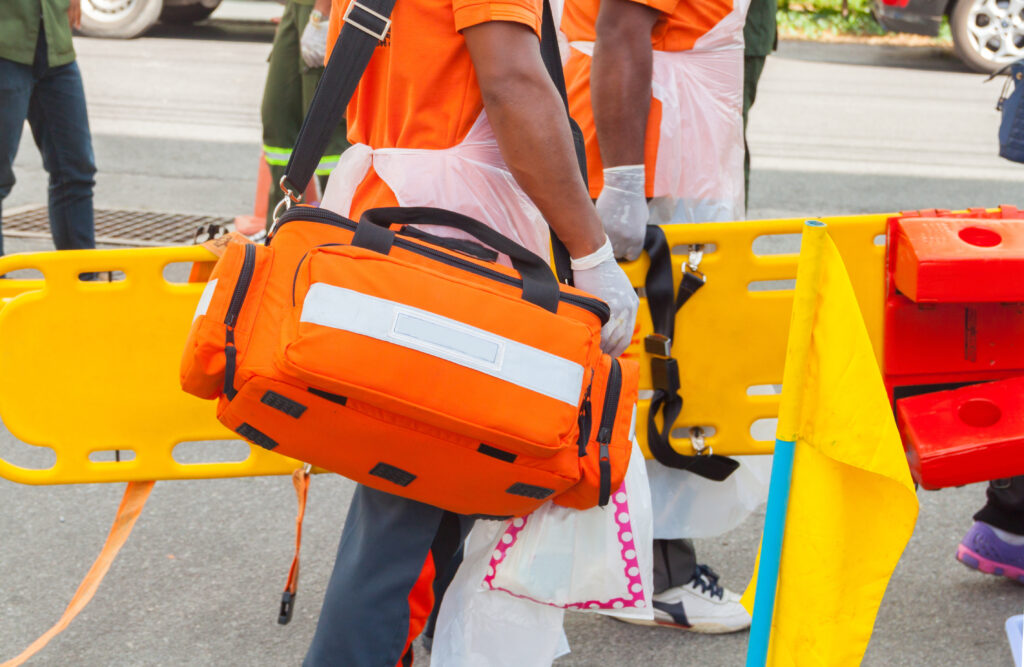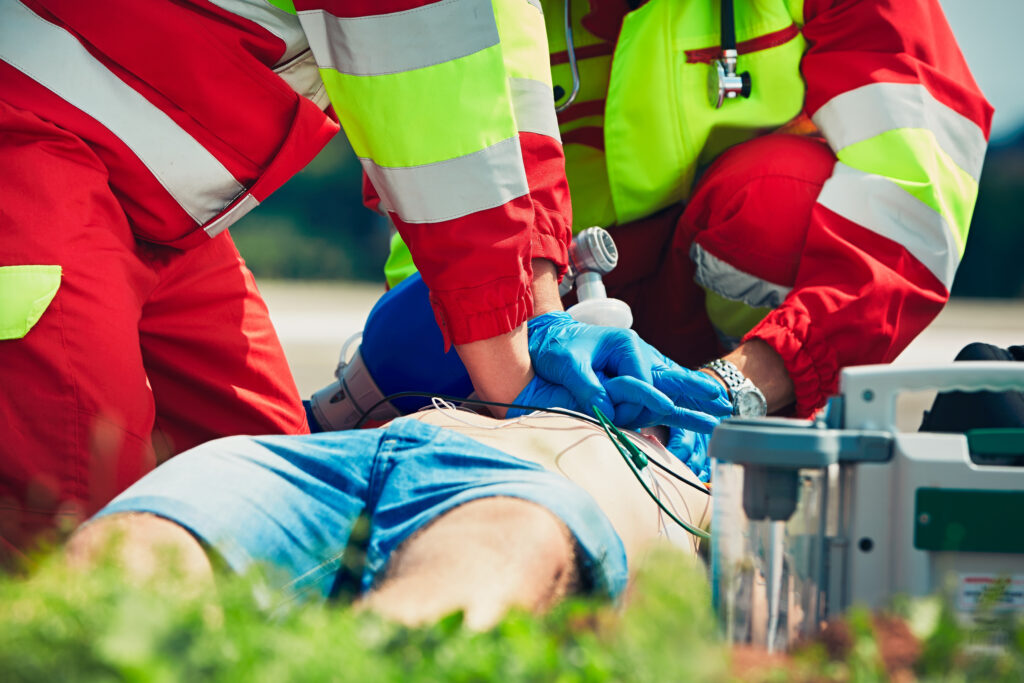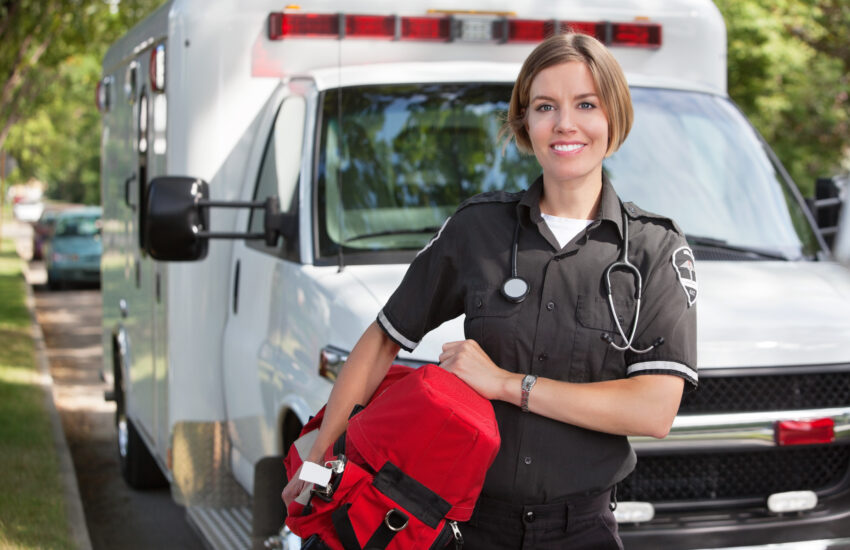Why This Week Matters More Than Ever
Let’s face it—emergency medical services don’t exactly come with a pause button. Every call is a test of readiness, reflexes, and reason. That’s why EMS Refresher Week isn’t just a nice-to-have—it’s a cornerstone of keeping our teams sharp, confident, and cohesive. At Arlington Local 1329, we’ve turned it into something more than policy—it’s a tradition of preparation that saves lives.
This isn’t just about checking a box—it’s about preparing for the moments when someone’s worst day becomes our responsibility.
The reality is, protocols shift, new meds get introduced, and technology races forward. Our job? Keep up—and stay ahead. Refresher Week gives us the space to do just that, while reconnecting with our team, our purpose, and the practical skills that matter most on the streets.
Inside the Training: What We Focus On
The week is structured, but never stale. We’ve crafted a curriculum that balances textbook updates with street-level realism. Think fewer lectures, more action. Here’s what typically fills our schedule:
- Hands-on assessments: We revisit trauma and medical scenarios under stress—no room for autopilot.
- Cardiac and respiratory refreshers: From updated CPR protocols to advanced airway techniques, nothing gets skipped.
- Simulation labs: Real-time response drills that reflect what we actually face out there—multi-patient scenes, low-light conditions, and high-emotion environments.
- Technology updates: Whether it’s new cardiac monitors or updated ePCR systems, staying current is part of staying competent.
- Communication debriefs: Because knowing your medicine isn’t enough—team dynamics and radio discipline can make or break a response.
It’s a lot—but it’s also empowering. This is where confidence gets rebuilt, mistakes get corrected, and silent doubts get aired out and solved.

The People Behind the Protocols
Training might be the reason we gather—but people are the reason we grow. There’s something about sweating through drills, stumbling on assessments, and then nailing them the next day—with your crew backing you the whole way—that builds more than knowledge. It builds trust.
Veterans get to mentor. Rookies get to question. Officers get to step back and observe without the pressure of the scene. That balance creates something rare in EMS: a shared space where it’s okay not to know everything. Where humility meets hunger to learn.
We don’t train to be perfect. We train to be better than yesterday—together.
Whether we’re sharing stories over coffee between sessions or swapping lessons learned after a tough drill, the connections formed during this week often last long after the lectures end. And in this line of work, trust in your crew is everything.
Adapting to a Changing EMS Landscape
The medical field doesn’t wait. Guidelines evolve. Community expectations shift. And new threats—like pandemics, behavioral health crises, or emerging synthetic drugs—can redefine our roles overnight. EMS Refresher Week is how we stay in the fight with knowledge instead of catching up from behind.
We’ve added mental health training, expanded focus on vulnerable populations, and even simulated opioid overdose responses with bystander interference—because that’s the world we work in now. No sugarcoating, no hypotheticals—just the tough, messy, real-life stuff.

It’s also when we hear from outside experts—flight medics, ER physicians, mental health professionals—who add layers of insight we might not get on our own. These partnerships push us forward and remind us: the best care happens when we all stay connected and informed.
What Medics Say: Voices from the Week
If you ask around the room, the reviews aren’t always “easy” or “fun.” But they are honest—and overwhelmingly positive. Here’s what a few of our Local 1329 members had to say:
“I didn’t realize how many bad habits I picked up until I ran through that arrest scenario. It was humbling—but necessary.”
“This week reminded me why I joined. You forget how sharp your team really is until you see them work under pressure—no alarms, just instinct.”
“Getting called out in front of your peers isn’t comfortable. But it’s better than getting called out in the field when someone’s life depends on you.”
It’s not about ego—it’s about effectiveness. And this week, we leave better than we arrived.
Carrying the Momentum Forward
When EMS Refresher Week ends, the job doesn’t stop—and neither does the learning. What we carry out of this experience influences every call, every shift, every decision. It’s why we document takeaways, assign follow-up peer reviews, and keep the conversation going well beyond Friday.
But most importantly, we come out of it reminded of who we are: professionals, teammates, guardians of the community. The week may end, but the mindset—that drive to be better for our patients and for each other—stays with us.
We don’t just refresh knowledge. We reinforce who we are when it counts.
Staying Sharp, Staying Human
In the end, EMS Refresher Week isn’t about being the best on paper—it’s about being ready when the tones drop. It’s about confidence earned through sweat, mistakes turned into lessons, and bonds forged in the fire of learning.
And here in Arlington, we’re proud to make that part of our culture. Because being prepared isn’t just a policy—it’s a promise.
Sources:
- National Registry of Emergency Medical Technicians (NREMT)
- National Association of Emergency Medical Technicians (NAEMT)
- EMS.gov


